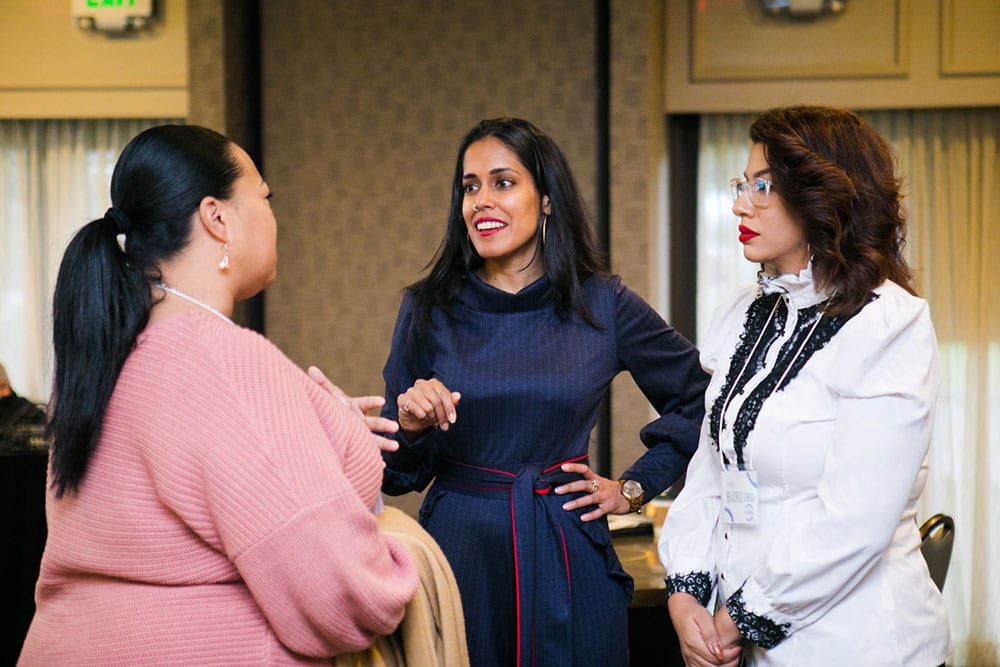Why Being an Effective Ally in the Workplace is More Important Than Ever

As a diversity, equity and inclusion (DEI) professional, I’ve been teaching about allyship for years. However, it feels as though allyship has never been as important as it is right now, after a year of having a glaring spotlight on racial inclusion and the urgent need to interrupt anti-Black racism in particular, in addition to anti-Asian racism, and to disrupt white supremacy on a whole.
As we enter Pride Month — having just come out of Mental Health Awareness Month and marked the one-year anniversary of George Floyd’s murder — I wanted to share a refresher on allyship and some of the actions that can be taken to be a more effective ally to our friends, family members and colleagues from communities that experience oppression.
First, What is Allyship?
Allyship is the act of using your voice and your actions to identify and address the oppression, biases and barriers that people from across cultural communities experience. Being an ally means advocating for people and communities that experience continued marginalization and underrepresentation due to their cultural identities — from the transgender community to religious groups to women professionals who have been most affected by pandemic job losses.
Allyship is a role that we actively engage in, either visibly or behind the scenes. If we want to call ourselves allies, we must commit to taking an active role in doing the work — even when it is difficult or uncomfortable.
Why Allyship Matters More Than Ever
In the midst of the COVID crisis, the ongoing racial justice movement and the many social justice movements happening worldwide, it’s more important than ever that allies commit to using their privilege to speak out and be actively inclusive in their words and behaviors.
We as leaders, mentors, sponsors, team members and friends must commit to being better allies if we truly want to create workplaces and a society that are inclusive and equitable.
So how do we make this happen? bci has a Tip Sheet that outlines the must-dos for being an effective ally in the workplace, which you can download here. We also have a playlist of videos on allyship that you can view here. And finally, allyship is one of our core training offerings. Please feel free to get in touch if you’re interested in learning more about our allyship training.
Allyship may seem daunting, but our solidarity makes a difference. Every drop in the ocean matters when it comes to creating more inclusive workplaces and a more inclusive society.
Like what you’re reading?
Sign up for bci’s mailing list to get the latest diversity, equity and inclusion insights right to your inbox every month.
